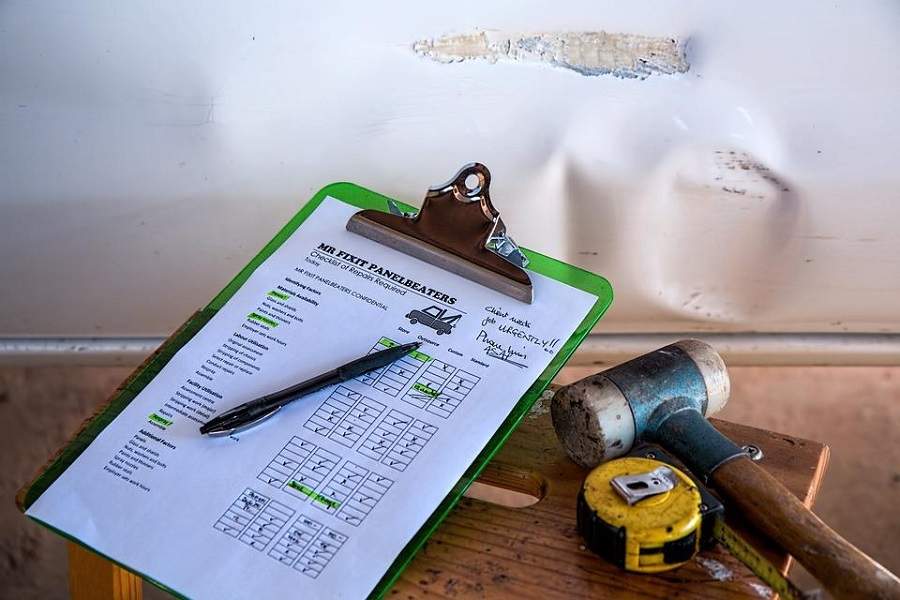We like to think that nothing bad could ever happen to us, but unfortunately, that is not the way of the world. This is why it is always best to err on the side of caution and take steps to ensure you can recover from whatever you might encounter. A clear example of this would be getting a quality car insurance policy, so that you could get compensation in case of accidents. But that is not enough; you need to also understand car insurance claims, and when you should file them –– as well as when it’s best not to.
What is a car insurance claim?
It is basically a request you file to an insurance company asking for compensation after an accident, whether it’s a collision with another car or any other incident where your vehicle got damaged. When you file the claim, you usually get a payment from your insurance company –– after paying your deductible. So, what reason can a person have then to not want to alert their insurance company?
Fact is, in many cases, a lot of people prefer to settle the incident amicably with the other party if the accident was minor and very little damage was done to the vehicles. They do so because they fear their insurance rates would go up over the following years if they filed a claim. But that is not always the best option, and some complications might arise if you failed to file a car insurance claim.
When to file a car insurance claim
There are several cases when it is a must to file a car insurance claim, because failure to do so might cause you some legal complications, not to mention waste any chance you’ve got of getting compensation. The following are the cases where you have to file the claim.
Someone is injured
There is no way around this one. If you, the other driver, or any pedestrians get injured in the accident, you must file an insurance claim. These are usually the most complicated cases that might include legal ramifications, and this is why it is best that you get yourself a lawyer experienced in automobile accidents, they can help you settle the case if you are at fault or seek fair compensation if other parties were found negligent and at fault. You need to understand that when an injury is involved, medical bills pile up and there might be lawsuits entailed, so you have to get your insurance people involved immediately.
The other party’s vehicle or yours is damaged
Whether or not it was your fault, you need to notify your insurance company at once and file a claim if the other person’s vehicle is damaged, or if yours is for that matter. This might entail a lot more expenses than you could possibly expect, and you don’t want to take those on by yourself. Some people try to settle with the other driver amicably, but that is quite risky because they might sue you later if they discovered that the damage to their car proved more costly than the settlement on which they agreed. And considering the fact that you settled without your insurance company, you would definitely be at risk of a lawsuit.
Property damage
This is another case when you need to file an insurance claim. You might have crashed into someone’s backyard or hit their mailbox, and you’ll also need the insurers to get involved to ensure you get out of that jam with as little trouble as possible.
When not to file a car insurance claim
The most obvious scenario where you don’t really need to file an insurance claim would be damaging your own car, and knowing that the repair wouldn’t cost you much. This is when you back into a pole or something, putting a dent in your car and not much of anything into the pole. In that case, you could repair your car without resorting to the insurance company. You should also take the cost of your deductible into consideration. If you damage your vehicle, with your deductible being $1,500 and the repair cost being $2,000, in that case you’ll pay three times as much as the insurance company who will pay just $500. So, you shouldn’t file a claim in that case, because your premium will increase over the next few years for an accident that you mostly paid for.

Filing a car insurance claim can get you out of hot water 8 times out of 10. But there are certain cases where it might not be the best course of action. Before filing any car insurance claim, do the math and figure out if it’s in your best interest or not.

